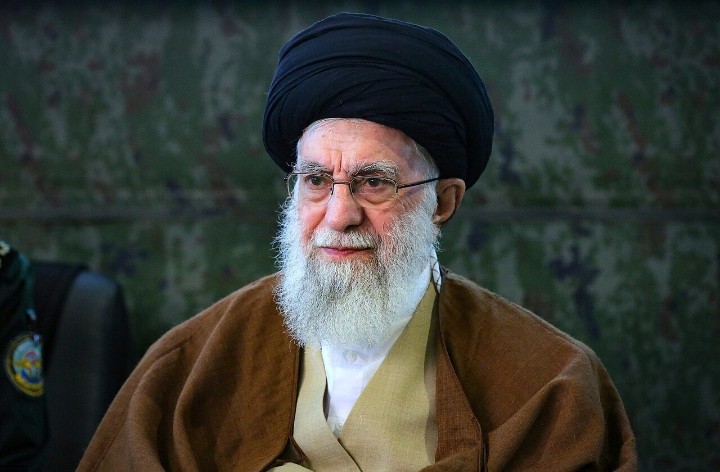In an unprecedented move, Iran’s Supreme Leader Ayatollah Ali Khamenei has reportedly selected three senior clerics as potential successors to ensure a swift transition of power in the event of his assassination, according to a New York Times report citing three Iranian officials.

The decision comes as Khamenei, 86, shelters in a secure bunker amid escalating tensions in the ongoing Israel-Iran conflict, which has seen devastating Israeli airstrikes targeting Iran’s military leadership and nuclear facilities.
Fearing assassination by Israel or the United States, Khamenei has suspended electronic communications, relying on a trusted aide to relay messages to his commanders, the Times reported.
The Supreme Leader, who has ruled Iran for over three decades, has also appointed replacements for senior military commanders killed in recent Israeli strikes, signaling a state of heightened alert within the Islamic Republic’s leadership.
The top priority is the preservation of the state
The identities of the three clerics chosen as potential successors remain confidential, but the move marks a rare preemptive step to safeguard the regime’s stability.
Notably, Khamenei’s son, Mojtaba Khamenei, a cleric with close ties to the Islamic Revolutionary Guards Corps and previously considered a frontrunner, was not included among the candidates, according to the report.
This decision follows the death of another potential successor, former President Ebrahim Raisi, in a helicopter crash in May 2024.
Khamenei, who views assassination as a form of martyrdom, has instructed the Assembly of Experts—the clerical body responsible for appointing the Supreme Leader—to act swiftly in selecting his successor from the three names provided, bypassing the traditionally lengthy deliberation process.
“The top priority is the preservation of the state,” said Vali Nasr, a leading Iran expert at Johns Hopkins University, emphasizing the pragmatic nature of Khamenei’s actions.
The ongoing war with Israel, which intensified with Israeli strikes on June 13 targeting Iran’s military and nuclear infrastructure, has decimated the country’s top military brass, including Major General Mohammad Bagheri, the armed forces chief of staff. Iran’s intelligence ministry has ordered senior officials to remain underground and avoid electronic devices, reflecting fears of further targeted killings.
The people of Iran will stand against a forced war
In two recorded video messages, Khamenei vowed that Iran would not surrender, asserting, “The people of Iran will stand against a forced war.” Despite the regime’s public defiance, the Supreme Leader’s retreat to a bunker in Lavizan, northeast Tehran, alongside his family, underscores the severity of the threat perceived by Iran’s leadership.
Israeli Prime Minister Benjamin Netanyahu has suggested that targeting Khamenei could “end the conflict,” while Israeli Defense Minister Israel Katz warned that the Supreme Leader “cannot continue to exist.”
U.S. President Donald Trump, while rejecting an Israeli proposal to assassinate Khamenei, indicated that such a plan remains under consideration, adding to the uncertainty surrounding Iran’s future.






